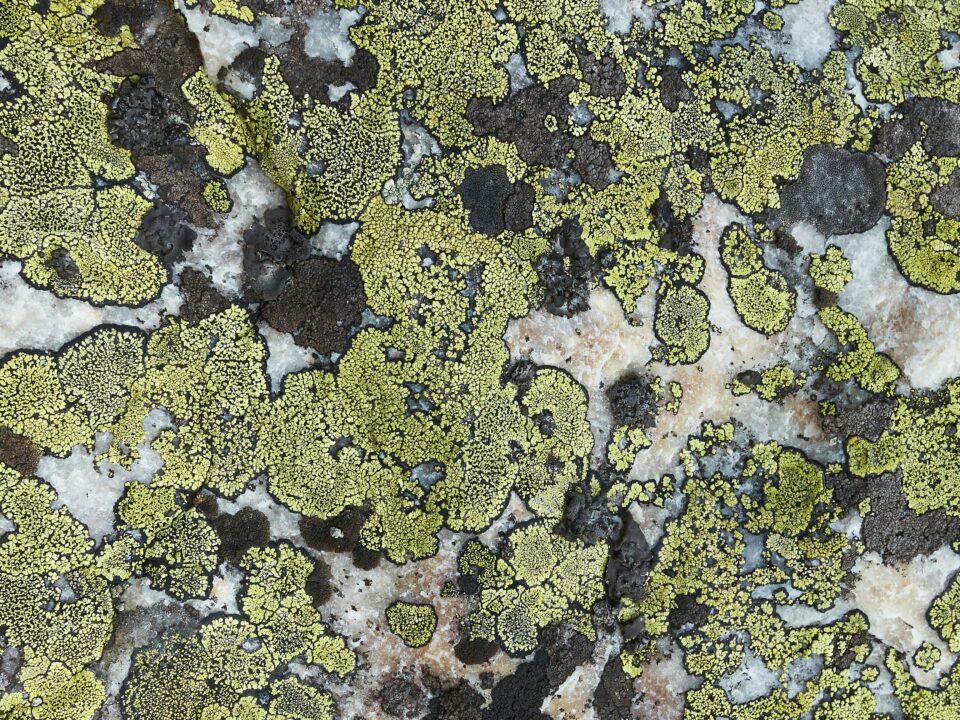
Jojoba oil is a plant-derived oil extracted from the seeds of Simmondsia chinensis, a hardy, drought-resistant shrub native to southern California, Arizona, and northwestern Mexico. Its use dates back to the O’odham Native American tribe, who first utilized the oil to treat wounds and skin irritations. Commercial use of jojoba oil gained momentum in the 1970s, particularly in the skincare and cosmetic industries.
In dermatology, jojoba oil is valued for its ability to closely resemble the skin’s natural sebum, making it an ideal moisturizer and emollient. Its lightweight, non-greasy texture allows it to be absorbed easily, making it suitable for all skin types, including sensitive and acne-prone skin.
Jojoba oil offers a range of benefits for skin health. It effectively hydrates and softens the skin, improving texture and helping to minimize the appearance of fine lines and wrinkles. As a potent emollient, it supports the skin barrier and helps maintain optimal hydration levels throughout the day.
Rich in vitamin E and flavonoids, jojoba oil provides antioxidant protection against environmental stressors that contribute to premature aging. While further studies are needed to fully establish its anti-aging potential, incorporating jojoba oil into a daily skincare regimen can help protect, nourish, and brighten the skin over time.
In addition to its moisturizing and antioxidant properties, jojoba oil contains B-complex vitamins that contribute to its anti-inflammatory and wound-healing effects. These properties make it a helpful option for calming irritated or inflamed skin and supporting skin recovery.
Jojoba oil can be applied directly to the skin by massaging a few drops onto the face or body. It is also commonly blended into moisturizers, serums, and creams to enhance hydration and soothe the skin.
Generally, jojoba oil is well-tolerated and safe for daily use. However, individuals with a known allergy to jojoba should avoid products containing the ingredient to prevent adverse reactions.



